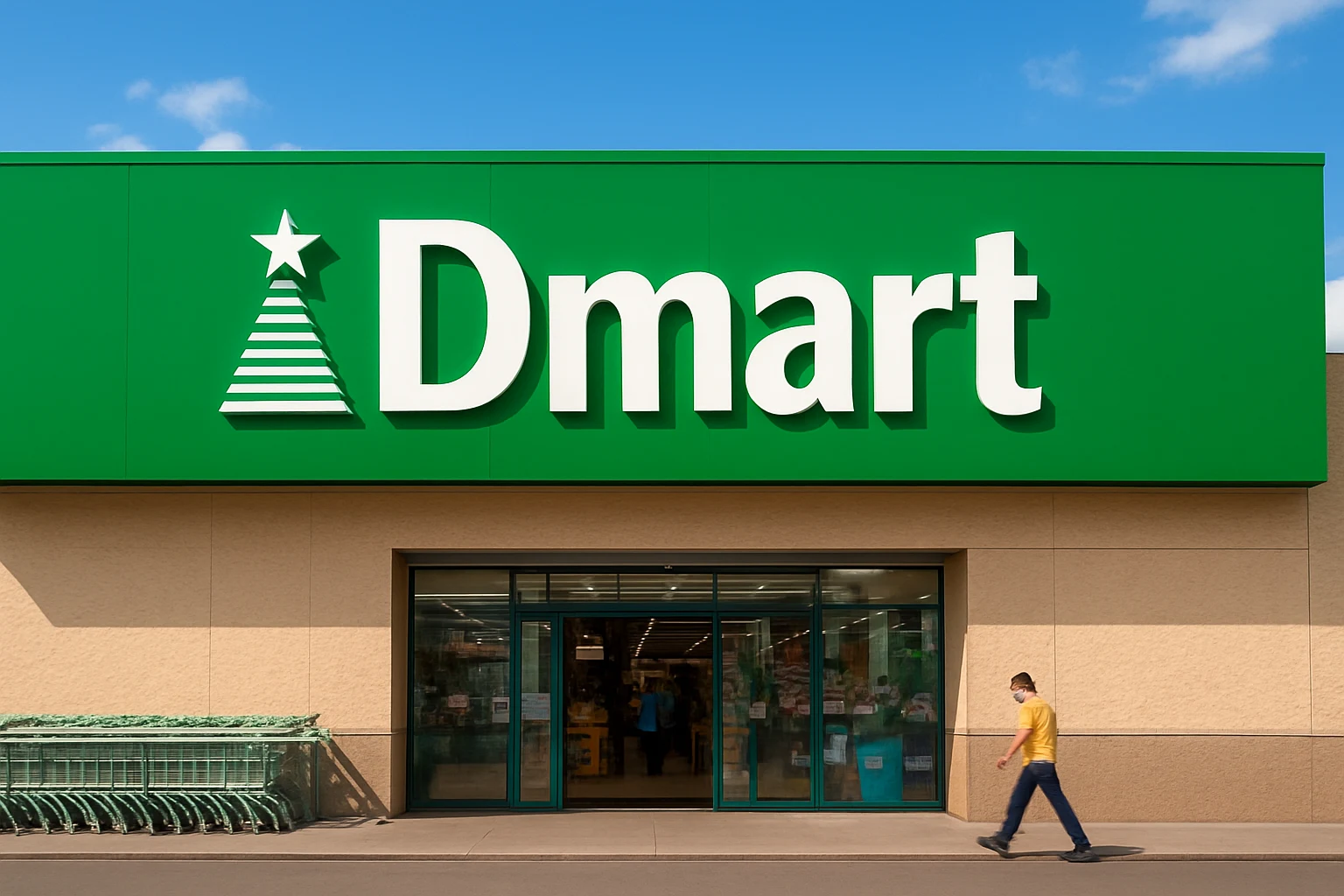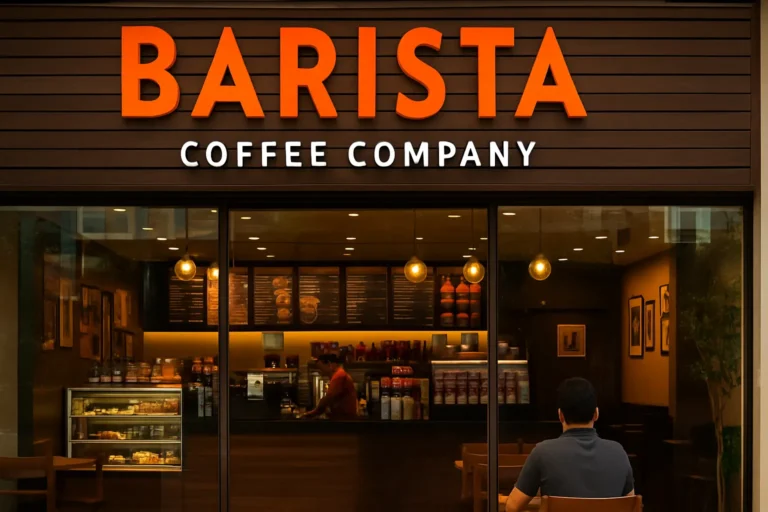In India’s rapidly expanding retail landscape, Dmart stands out as a household name. Founded by Radhakishan Damani in 2002, the chain has transformed how middle-class India shops for groceries, apparel, and essentials. With more than 330 stores across the country and a market capitalization rivaling some of the biggest global retailers, Dmart is often seen as the “Costco or Walmart of India.” But beyond its impressive numbers, one big question keeps surfacing: Can entrepreneurs join the Dmart success story through franchising?
News Update: Dmart’s Latest Growth Moves
In 2025, Dmart continues to expand aggressively in Tier-2 and Tier-3 cities. Recent store launches in Uttar Pradesh and Odisha show the brand’s intent to capture untapped regional markets where organized retail is still in its infancy. Analysts suggest that Dmart’s focus on supply chain efficiency and bulk buying power gives it a competitive edge, especially as online players like JioMart and Blinkit intensify their presence.
Notably, Dmart has also been experimenting with omnichannel models through its app, DMart Ready, bridging the gap between offline mega-stores and online convenience shopping.
Case Study: Why Dmart Became a Retail Giant
A look at Dmart’s rise reveals three major strategies:
- Everyday Low Prices (EDLP): Unlike promotional discounts, Dmart relies on consistent low margins that build customer trust.
- Location Strategy: Stores are strategically placed in densely populated residential areas, often owning the property outright to save long-term rental costs.
- Customer-Centric Inventory: The focus is on essential products with high turnover — groceries, home essentials, and value apparel — ensuring steady footfall.
This model has created loyal repeat customers and made Dmart one of the rare consistently profitable retailers in India.
Deep Dive: Can You Own a Dmart Franchise?
Here’s the reality check: Dmart does not currently offer franchises. The company follows a corporate-owned store model to maintain uniform pricing, strict operational controls, and its signature low-cost structure. Unlike franchise-friendly brands such as Reliance Smart Point or Spencer’s, Dmart prefers to expand using its own capital.
However, entrepreneurs can still participate indirectly:
- Real Estate Partnerships: Dmart often looks for large properties (40,000–50,000 sq. ft.) in high-density areas. Property owners can lease or sell to Dmart.
- Supply Chain Vendors: Businesses that can meet Dmart’s rigorous procurement standards can become suppliers.
- Stock Market Investment: Avenue Supermarts Limited (Dmart’s parent company) is listed on the NSE & BSE, giving investors a chance to own a piece of the company’s growth.
Comparisons: Dmart vs. Other Franchise-Friendly Retailers
| Retailer | Franchise Option | Entry Investment | Expansion Strategy |
| Dmart | ❌ Not available | N/A | Corporate-owned |
| Reliance Smart Point | ✅ Available | ₹15–20 Lakhs | Tier-2 cities |
| More Retail | ✅ Available | ₹20–25 Lakhs | Metro + regional |
| Spencer’s Retail | ✅ Available | ₹30 Lakhs+ | Metro focused |
While Dmart remains out of reach for franchise aspirants, alternatives exist for those who want to ride the organized retail wave.
Hybrid Franchise Funnel: What This Means for Entrepreneurs
For those seeking to build a retail franchise business inspired by Dmart’s model:
- Adopt the EDLP Strategy: Even as a smaller player, ensuring transparent pricing builds customer trust.
- Leverage Local Supply Chains: Regional vendors can help replicate Dmart’s efficiency at a micro level.
- Explore Allied Franchise Models: Grocery delivery, wholesale distribution, and hyperlocal supermarkets are emerging opportunities that bridge the Dmart model with franchise scalability.
Final Takeaway
Dmart is India’s retail giant — but not a franchise-friendly one. While direct franchise ownership isn’t possible, the Dmart story is a blueprint for operational efficiency and customer loyalty. Entrepreneurs can either explore indirect partnerships or look toward franchise-friendly alternatives that follow similar retail principles.
In the ever-changing retail landscape, staying updated with giants like Dmart isn’t just about news — it’s about spotting hidden opportunities for your entrepreneurial journey.





